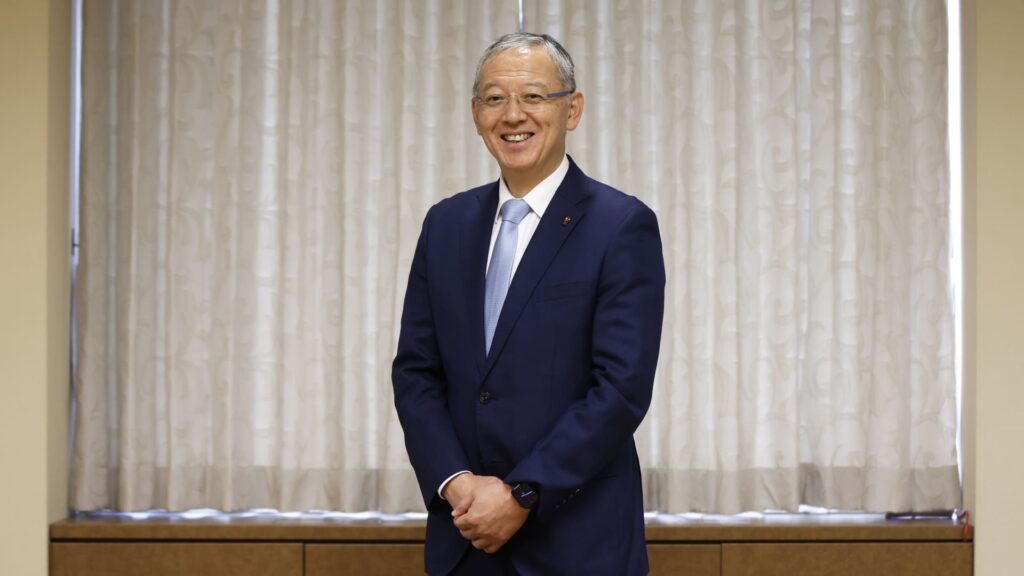Mikio Okumura, group CEO and president of Sompo Holdings Inc.
Bloomberg | Bloomberg | Getty Images
Sompo Holdings, Inc., one of Japan’s biggest insurance companies, says it’s using artificial intelligence to help alleviate a critical shortage of workers needed to care for the country’s aging population.
AI and other technology can replace tasks normally performed by people while simultaneously improving nursing care services, Group CEO Mikio Okumura told CNBC’s “Managing Asia.”
He cited sleep measurement sensors as one example.
“In the past, our caregivers [had to] visit each room to check sleep status … But instead of visiting, by caregivers, we set a sensor in a bed so that we can monitor from the office,” he said.
“Also, we can check the quality of sleep every minute, so if it deteriorates — the quality of sleep — we can check what we can change, for example, meal or activities.”
Okumura said paperwork can consume 20%-25% of nursing care workers’ time, he said.
“We are introducing some digital technology to eliminate paperwork, so that caregivers can focus,” he said. “We are trying to improve the efficiency, and also we are trying to improve quality of services using technology.”
Japan’s elderly population hit a record-high of 36.25 million in 2024, the same year that its birth rate reached a record low. Residents of Japan also have one of the longest life expectancies in the world, with older generations continuing to live longer than previous ones, said Okumura.
Growth outside of Japan
Sompo Holdings announced in February a restructuring plan, effective April 1, that will see the company condense its four business units to two: “Sompo Property and Casualty” and “Sompo Wellbeing.”
Sompo Wellbeing includes the company’s Japan-based nursing services and life insurance businesses.
But Okumura told CNBC’s Christine Tan that its property and casualty arm is where Okumura foresees the biggest growth — mostly from international markets.
“By 2030, we plan to double profit, and also market cap … maybe 80% will come from Sompo P&C and 20% from Wellbeing,” he said, adding that “40% of the profit will come the from domestic market in Japan, and 60% from outside of Japan.”
Okumura said one of the biggest challenges for the company is Japan’s shrinking population.
“When I was born, in 1965, the number of new babies was 1.8 million. But today only 700,000,” he said. “It’s impossible to see a growing population in the future, so … we expect the overseas business is the growth driver for Sompo.”
The company does not plan on expanding Sompo’s wellbeing services overseas though, due to differences in culture, regulation and social security systems, Okumura said.














